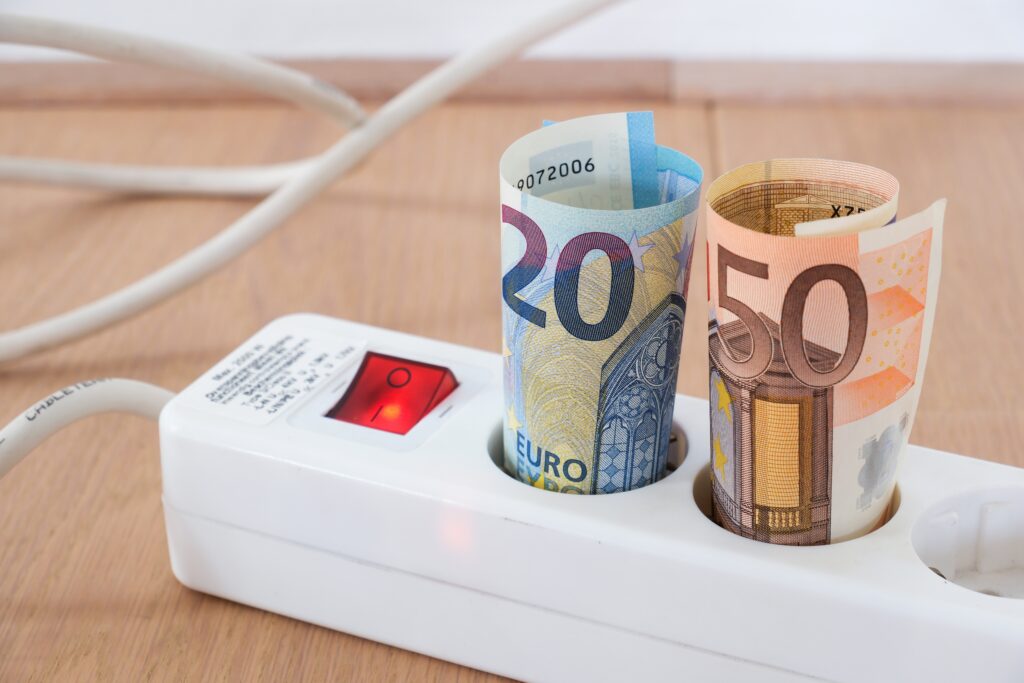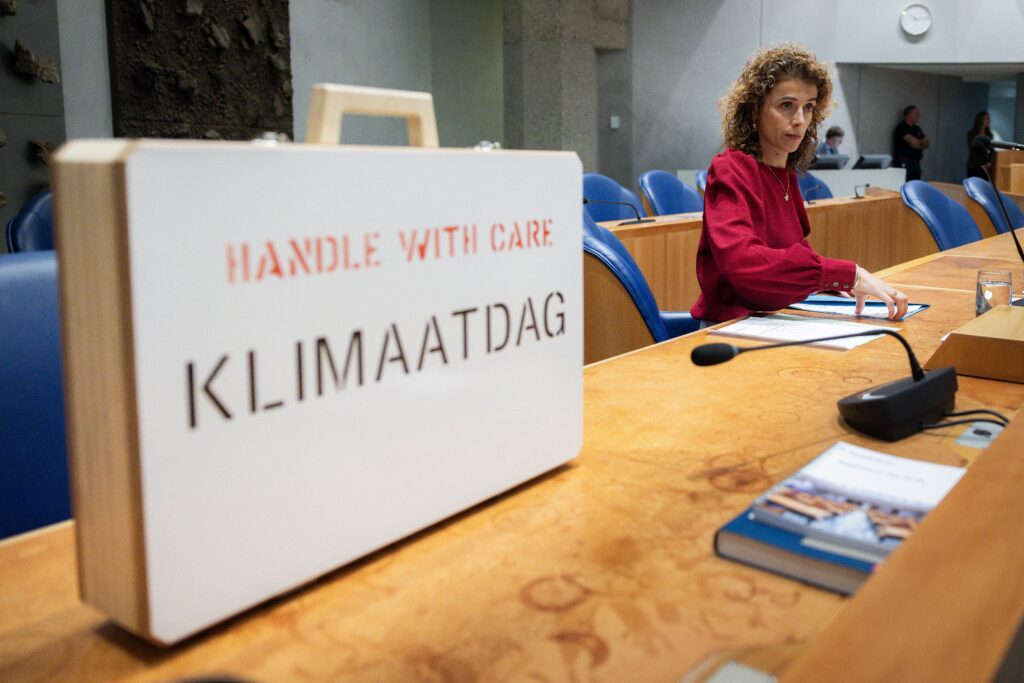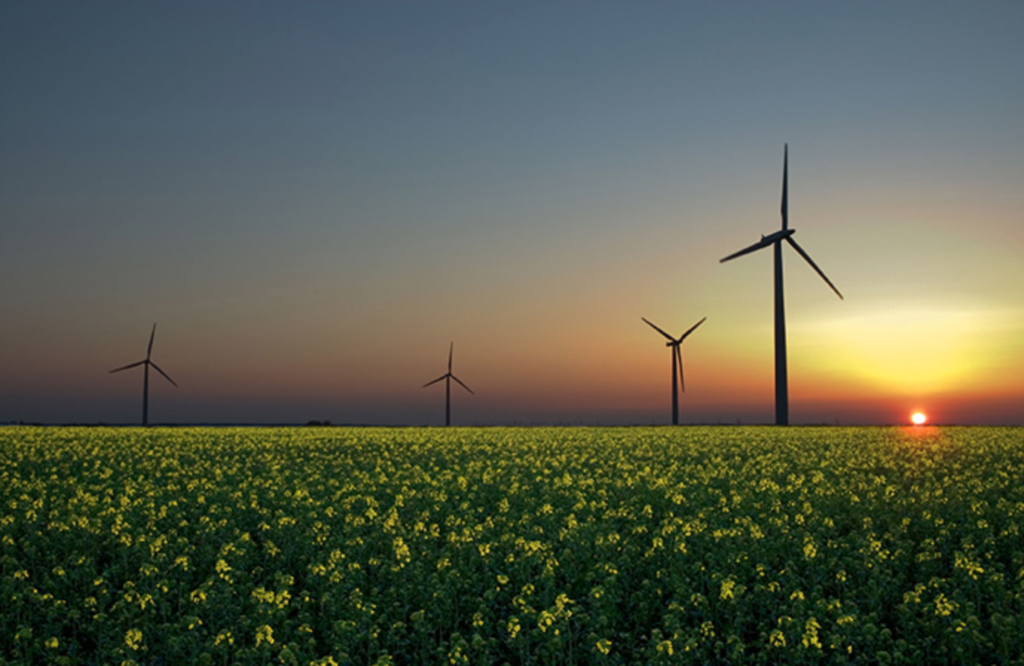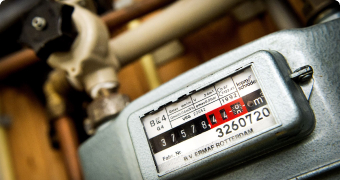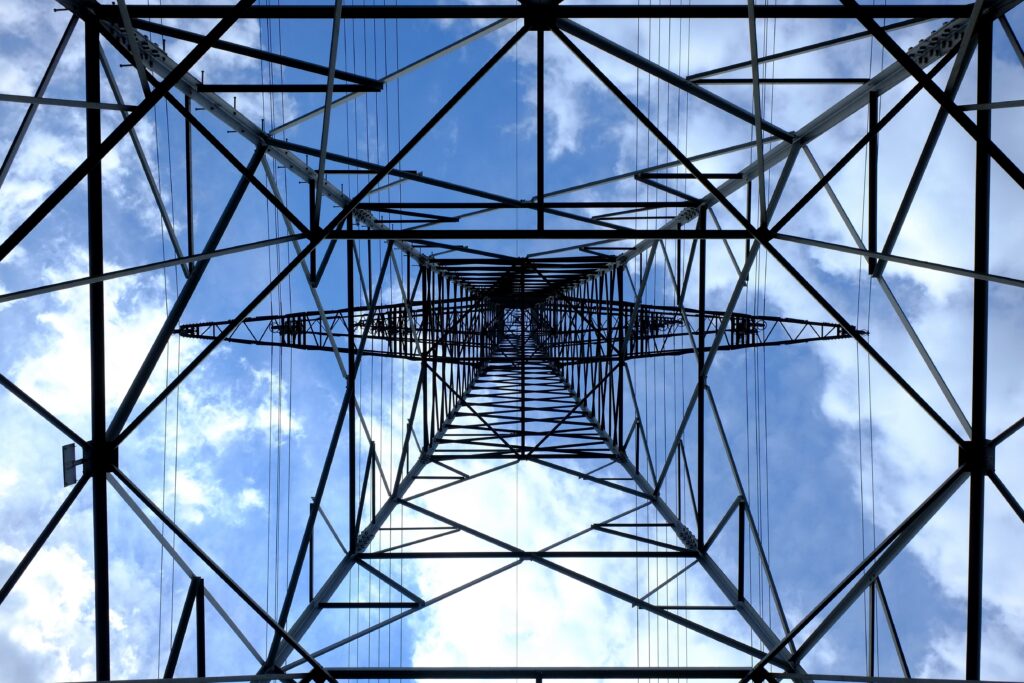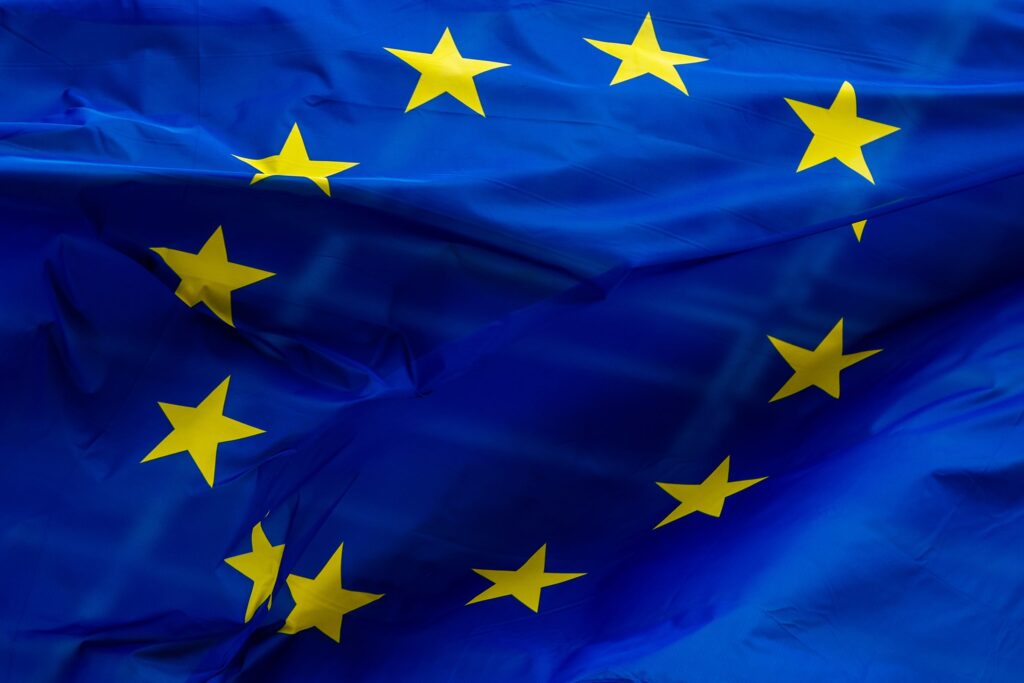Together with the Netherlands Sustainable Energy Association (NVDE), Energie-Nederland submitted a response to the consultation on the draft law on inframarginal electricity levy.
Both associations support the notion that the government compensates vulnerable groups for the high energy prices. However, it is a bad decision utilize an inframarginal electricity levy, a new and complex tax measure, to fund this compensation. This could be done better and more fairly through existing tax instruments.
What’s more, the levy is counterproductive, as it curtails the financial leeway to be able to invest in renewable energy (such as solar and wind). Its repaid expansion is actually the ideal way to reduce the impact of high gas prices on energy bills as soon as possible.
This levy must be implemented correctly in law. This means, for instance, that only actual market revenues should be taxed, that the use of generation resources should be disrupted as little as possible, but also that the scheme should be as simple and unambiguous as possible. In particular, the way producers that are part of an integrated energy company are going to be taxed will backfire. Energie-Nederland and the Netherlands Sustainable Energy Association (NDVE) recommend that producers are given the opportunity to determine their market revenues based on their internal transactions. Legislation and regulations contain sufficient principles and provisions to ensure that such transactions are market-based.
Read our full response here.

